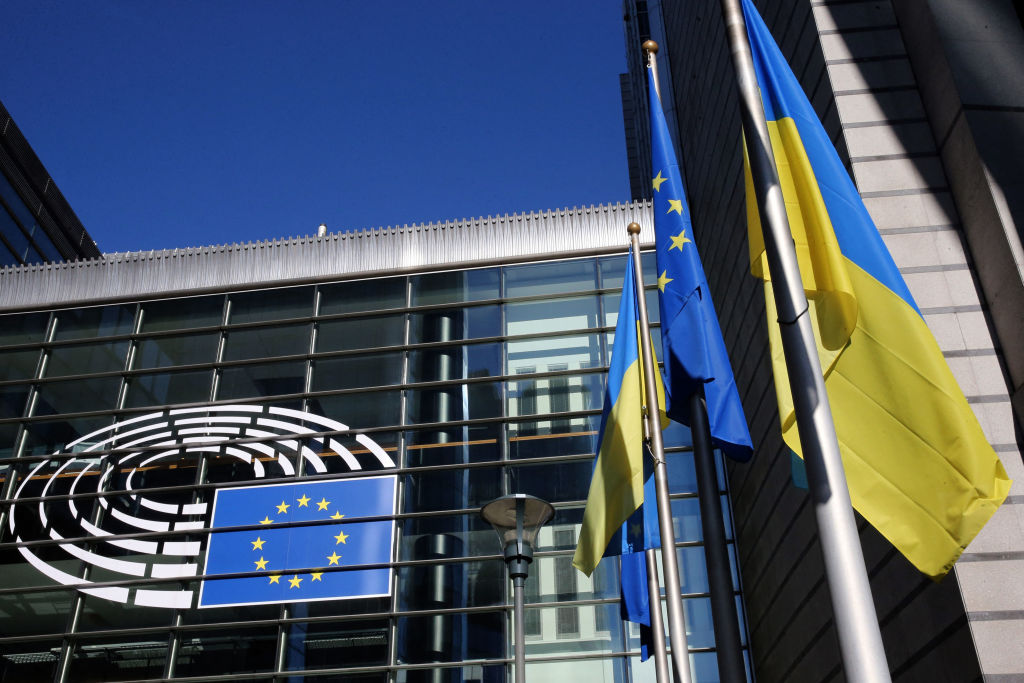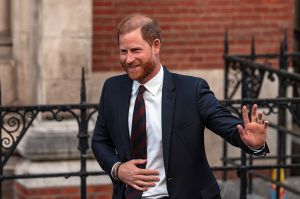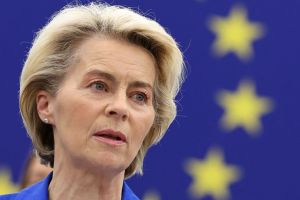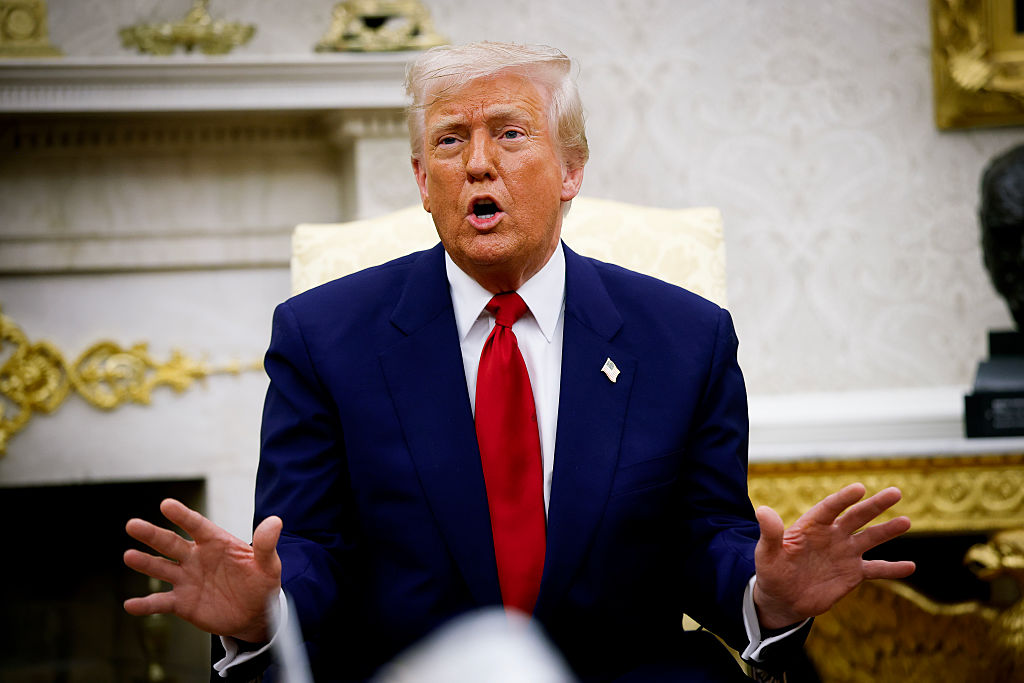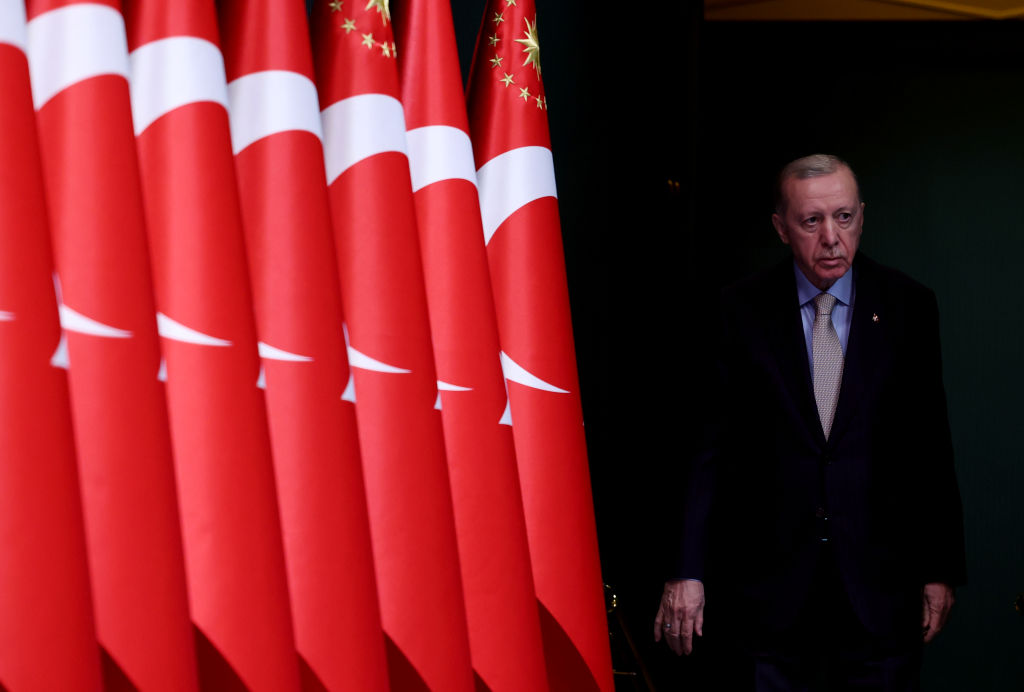In the wake of Russia’s aggression in Ukraine, President Volodymyr Zelensky has renewed his country’s wish to join the European Union. This week, the European Parliament approved Ukraine’s application to join the EU with an overwhelming majority.
But Ukraine will not join the European Union this year, and possibly not even in the next five years to come. The reasons for that lie within the structure of the EU.
The closening ties between Brussels and Kyiv had been the reason for Ukraine’s revolution back in 2014. Then Ukrainian president Viktor Yanukovych had rejected the EU-Ukraine association agreement, which tied both partners closer together, politically and economically. The protests that started at Maidan Square in Kyiv demanded that Yanukovych resign, which eventually brought about the pro-Russian politician’s downfall. Since then, former president Petro Poroshenko and the incumbent Zelensky have been unable to take further steps to join the European Union, despite the premise of the revolution being overtly pro-EU.
The European Union is an elite club: it picks members that abide by its criteria or are geostrategically advantageous for itself. The eastern enlargement of the EU in 2004 brought in many Central European nations such as Poland, the Czech Republic and Hungary. Their inclusion marked a substantial cut of Russian influence in those countries, as their citizens have since been able to live, work and study in any EU member state, and through EU funding, the infrastructure needs of many of these regions have been met. In 2007, Romania and Bulgaria also joined the club, even though both countries were significantly less stable in their political institutions than the previous new members.
Joining the European Union requires the respect of the so-called Copenhagen criteria. A country needs stable political institutions, a functioning market economy, and the ability to implement the “acquis communautaire,” the body of all of the European Union’s rules and regulations. It takes even existing EU members years to figure out how to transpose their own national rules with those of the union. Romania and Bulgaria, both politically controversial new members, handed in their applications in 1995, but were only officially admitted in 2007. By this timeline — an optimistic scenario because Ukraine is in a much worse shape — Ukraine would only become a member in 2034.
On top of the interminable process associated with joining the EU, the political landscape has changed significantly since the EU grew eastwards in 2004. Poland and Hungary have come under fire for their laws discriminating against the LGBT community and for erosion of the rule of law. Bulgaria and Romania have faced similar accusations and drawn scrutiny from the European Parliament.
In the 2021 Press Freedom Index, Ukraine ranks ninety-seventh behind virtually all EU member states. In Transparency International’s Corruption Perceptions Index, Ukraine ranks thirty-second (the higher the ranking the worst the perception of corruption), worse than Romania, which in 2018 legalized bribes given to low-level officials. In the Heritage Foundation’s 2022 Index of Economic Freedom, Ukraine ranks lower than Turkey and Russia — and behind all EU members.
Zelensky’s speech in the European Parliament and the vote on membership candidacy are largely symbolic in the wake of the ongoing war, primarily because membership of the EU has a lot to do with economic integration and very little with military defense.
One EU member state in particular knows this all too well: Cyprus. For decades, the Greek-majority population there has been at odds with the Turkish minority in the north. Turkey maintains the independence of the “Turkish Republic of Northern Cyprus” (only recognized by Turkey), and defends the self-declared state with a significant military presence. The official position of the European Union is to only recognize the government of the Republic of Cyprus as the legitimate force on the island — but suspended the demand that EU rules be respected in the areas controlled by Turkey. Meanwhile, Turkey itself is also a candidate for EU accession since 1987 and a major trading partner.
A major trading partner of the EU defends self-declared republics of their own ethnicity, and the EU does nothing: sound familiar?
When European leaders are asked about the prospects of EU membership for Ukraine, they caution against over-optimistic enthusiasm. Their bottom line: for EU membership to mean something, every nation needs to go through a thorough process, one that Ukraine is unlikely to embark on given the current situation.
Ukrainians looking forward to a quick accession to the European Union and implied protection through membership are setting themselves up for a disappointment.



